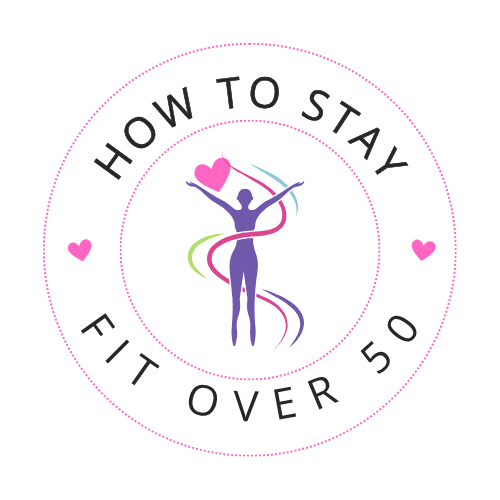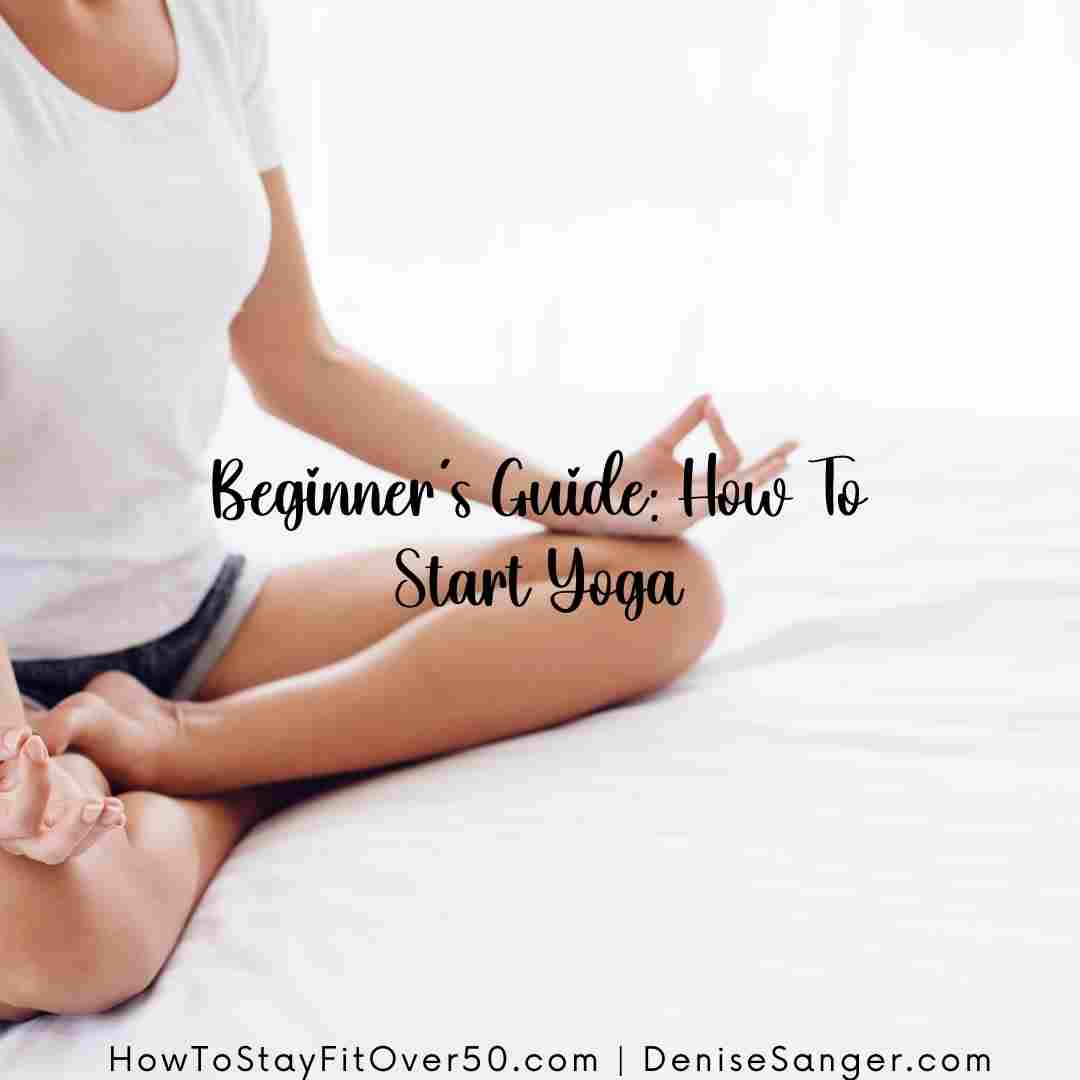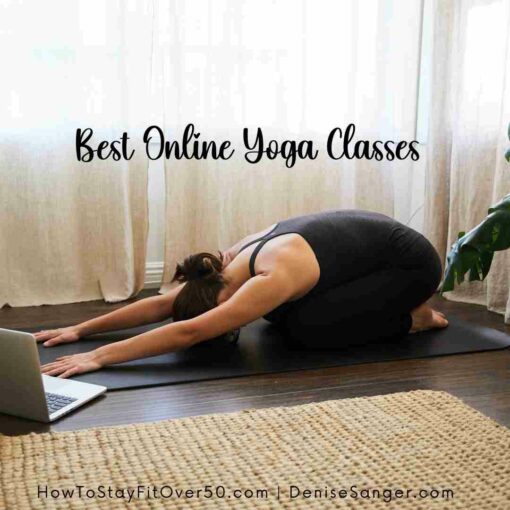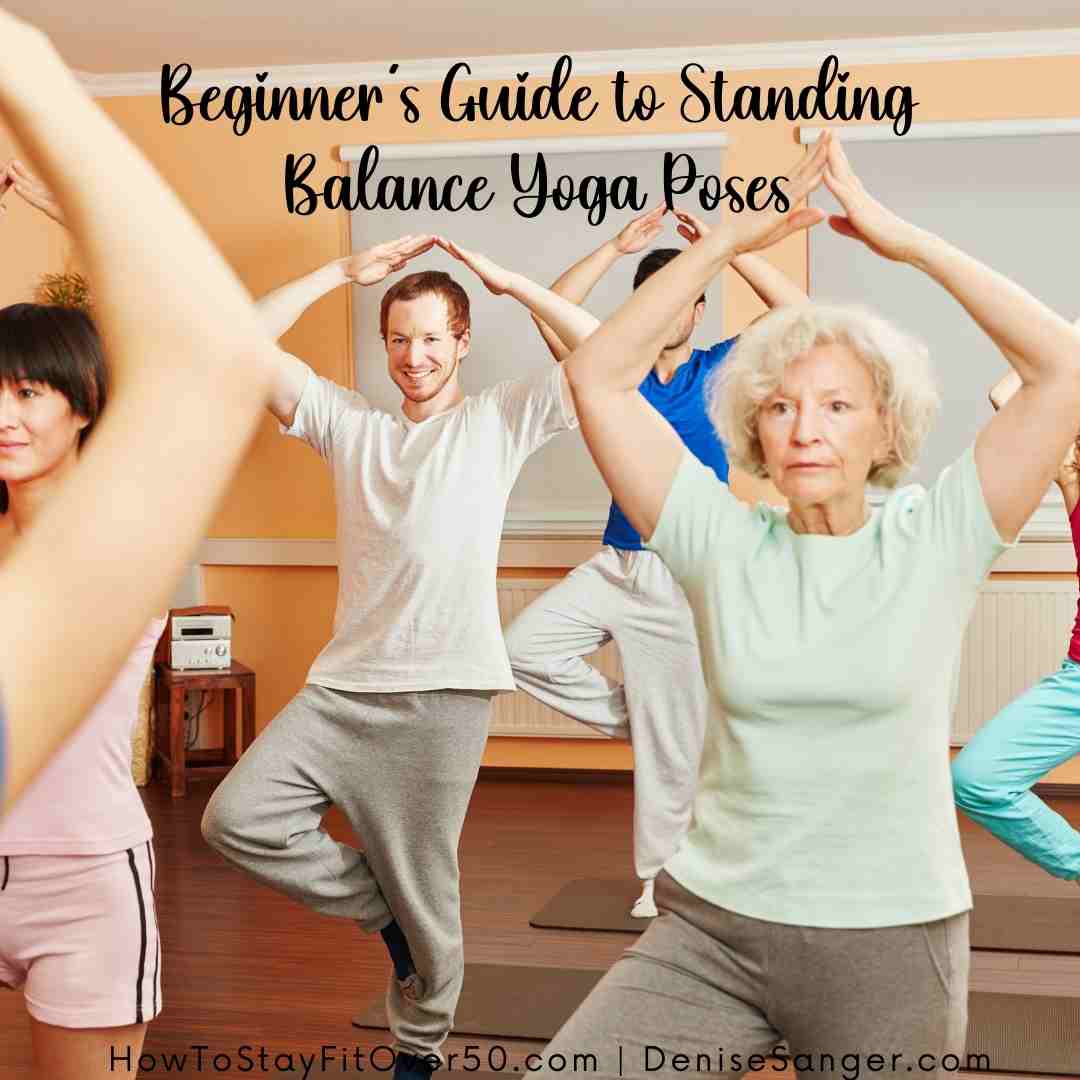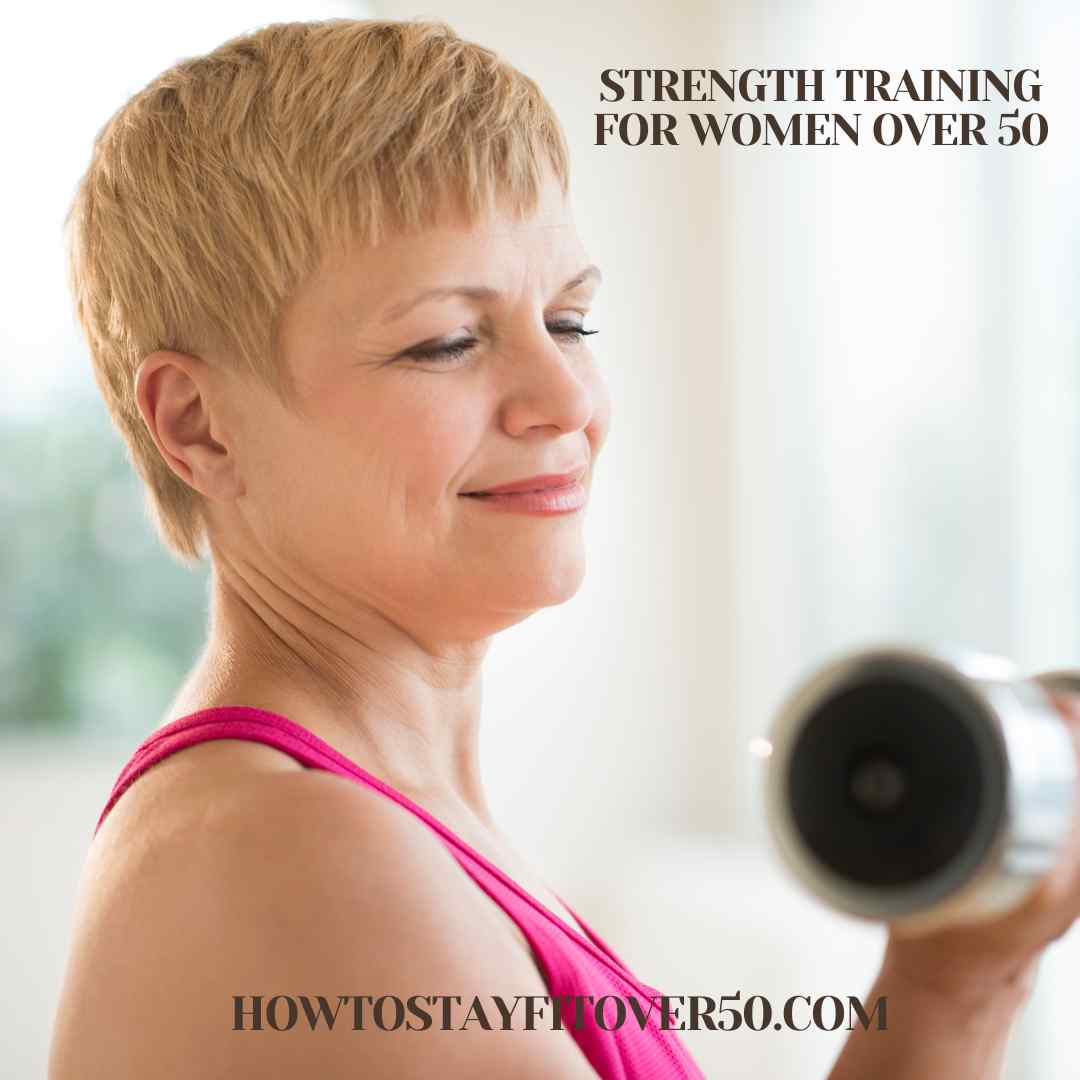We may earn money or products from the companies mentioned in this post.
Beginner? Not sure where to start your practice? This beginner’s guide will help you start yoga.
Yoga is a practice that has been around for thousands of years and has gained immense popularity in recent times. It is a holistic approach to health and wellness that combines physical postures, breathing techniques, and meditation. However, for a beginner, it can be overwhelming to know where to start.
The first step for a beginner to start yoga is to find a class that suits their needs. There are many different styles of yoga, each with its own unique benefits and challenges. It is important to research and find a class that aligns with one’s goals and physical abilities. Once a class is selected, it is recommended to arrive early and introduce oneself to the instructor, informing them of any injuries or limitations.
Another important aspect of starting yoga as a beginner is to set realistic expectations. Yoga is a journey, not a destination, and progress takes time. It is important to listen to one’s body and not push beyond one’s limits. Consistency is key, and practicing yoga regularly, even for just a few minutes a day, can lead to significant improvements in physical and mental health.
Benefits of Yoga
Yoga is a form of exercise that has been practiced for centuries and has gained popularity in recent years. It is not only a physical practice but also a mental and spiritual one. There are many benefits of practicing yoga, including physical and mental benefits.
Physical Benefits
Yoga can have many physical benefits for beginners. It can help improve flexibility, strength, and balance. Practicing yoga can also help reduce the risk of injury, especially in other physical activities. Yoga can also help improve posture and relieve pain in the back, neck, and shoulders.
In addition to these benefits, yoga can also help improve cardiovascular health and reduce the risk of heart disease. It can also help lower blood pressure and improve lung function. Yoga can also help improve digestion and boost the immune system.
Mental Benefits
Yoga can also have many mental benefits for beginners. It can help reduce stress and anxiety and improve overall mental health. Practicing yoga can also help improve focus and concentration and promote better sleep.
In addition to these benefits, yoga can also help improve self-awareness and self-esteem. It can also help promote a sense of inner peace and calmness. Yoga can also be a social activity, allowing beginners to connect with others and build relationships.
Overall, practicing yoga can have many physical and mental benefits for beginners. It is a great way to improve overall health and well-being.
Preparing for Yoga
Yoga is a great way to improve physical and mental health. But before starting yoga, it is important to prepare properly. This section will provide some tips for beginners to prepare for yoga.
Choosing a Yoga Style
There are many different styles of yoga, and it can be overwhelming to choose one. Beginners are recommended to start with Hatha yoga, which focuses on basic poses and breathing techniques. Other popular styles include Vinyasa, Ashtanga, and Bikram yoga. It is important to research different styles and find one that suits your goals and fitness level.
Finding a Yoga Class
Finding a yoga class can be intimidating for beginners. It is recommended to start with a beginner-friendly class at a local yoga studio or gym. Many studios offer trial classes or introductory packages, which can be a great way to try out different classes and instructors. Online classes are also available for those who prefer to practice at home.
What to Wear
Comfortable clothing is key for yoga practice. Loose-fitting clothing that allows for movement is recommended. Yoga pants or leggings and a comfortable top are popular choices. It is important to avoid clothing that is too tight or restrictive.
What to Bring
Most yoga studios provide mats and props, but it is recommended to bring your own mat if possible. Other useful items include a water bottle, towel, and yoga blocks or straps. It is important to arrive early to set up and get comfortable before the class starts.
In summary, beginners should choose a yoga style that suits their goals and fitness level, find a beginner-friendly class, wear comfortable clothing, and bring necessary items to the class. By preparing properly, beginners can enjoy the benefits of yoga in a safe and comfortable manner.
Starting Your Practice
If you are a beginner, starting a yoga practice can be intimidating. However, with the right guidance, it can be a rewarding and fulfilling experience. Here are some tips to help you get started.
Basic Yoga Poses
Before you begin your yoga practice, it is important to learn some basic yoga poses. These poses will help you develop strength, flexibility, and balance. Some basic poses include:
- Mountain Pose
- Downward-Facing Dog
- Warrior I
- Warrior II
- Triangle Pose
- Child’s Pose
Breathing Techniques
Breathing is an essential part of yoga. It helps to calm the mind and reduce stress. Two basic breathing techniques that beginners can start with are:
- Ujjayi Breath: Also known as “ocean breath,” this technique involves breathing in and out through the nose while constricting the back of the throat.
- Alternate Nostril Breathing: This technique involves breathing in through one nostril and out through the other, alternating nostrils with each breath.
Meditation Techniques
Meditation is another important aspect of yoga. It can help to reduce stress and increase mindfulness. Some simple meditation techniques for beginners include:
- Focusing on the breath: Sit comfortably and focus on your breath. When your mind wanders, gently bring your attention back to your breath.
- Body scan: Lie down and focus on each part of your body, starting from your toes and moving up to the top of your head.
Yoga Props
Yoga props can be helpful for beginners to achieve proper alignment and support. Some common props include:
- Yoga mat
- Blocks
- Straps
- Blankets
- Bolsters
By incorporating these tips into your practice, you can begin your yoga journey with confidence and ease.
Developing Your Practice
Setting Goals
To develop a successful yoga practice, it is important to set specific, achievable goals. Beginners should start by identifying what they hope to achieve through their practice. This could be anything from improving flexibility and strength to reducing stress and anxiety. Once goals have been established, it is easier to create a plan to achieve them.
Establishing a Routine
Developing a consistent yoga routine is key to making progress and reaping the benefits of the practice. Beginners should start with shorter sessions and gradually increase the length and intensity of their practice as they become more comfortable. It is also important to find a time of day that works best for them and stick to it.
Staying Motivated
Staying motivated is crucial to maintaining a regular yoga practice. Setting small goals and celebrating progress can help keep beginners motivated. It is also helpful to try different styles of yoga to keep things interesting and prevent boredom. Joining a yoga community or practicing with a friend can also provide accountability and support.
In summary, developing a successful yoga practice requires setting specific goals, establishing a consistent routine, and staying motivated. By following these guidelines, beginners can create a practice that is both effective and enjoyable.
Time To Start Yoga As A Practice.
Yes, starting yoga as a beginner can be a daunting task, but it is not impossible. By following the right steps and keeping a few things in mind, anyone can start their yoga journey with confidence.
First and foremost, it is important to find a qualified yoga teacher who can guide you through the basics of yoga and help you develop a strong foundation. It is also important to choose a style of yoga that suits your needs and preferences.
Additionally, beginners should start with simple poses and gradually work their way up to more complex ones. They should also focus on proper alignment and breathing techniques to avoid injury and get the most out of their practice.
Finally, beginners should be patient with themselves and not expect to master yoga overnight. It takes time and practice to develop strength, flexibility, and balance, but with dedication and perseverance, anyone can achieve their goals.
Overall, starting yoga as a beginner can be a rewarding and life-changing experience. With the right guidance, mindset, and approach, anyone can reap the physical, mental, and spiritual benefits of this ancient practice.
